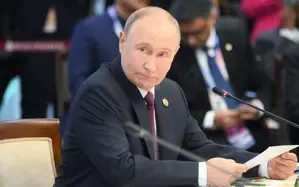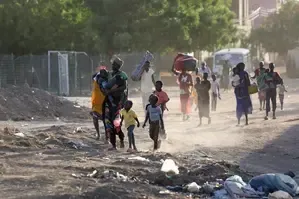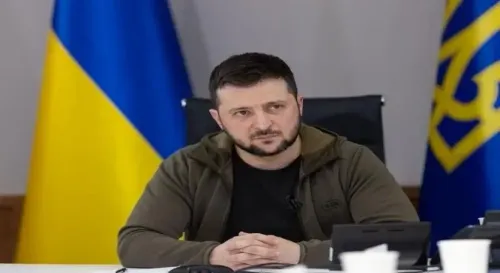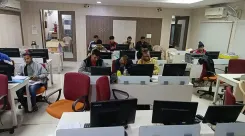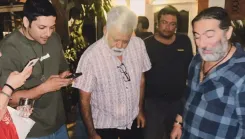Did IDF Strike Centrifuge Production and Weapon Facilities in Iran?
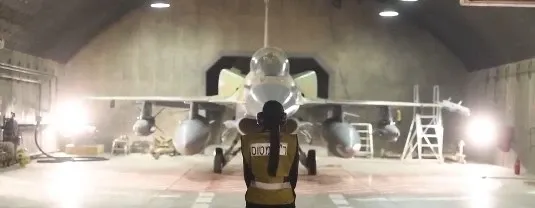
Synopsis
Key Takeaways
- The IDF conducted air strikes targeting key Iranian military facilities.
- Over 50 fighter jets were deployed in the operations.
- Iran's nuclear weapons and missile programs are under increased scrutiny.
- The conflict between Israel and Iran is intensifying.
- High-ranking military officials in Iran have been targeted in recent operations.
Tel Aviv, June 18 (NationPress) The Israel Defence Force (IDF) reported on Wednesday that it executed strikes on a centrifuge production site and several weapons manufacturing facilities in Tehran, identified as crucial components of Iran’s nuclear weapons and missile initiatives.
The ongoing military escalation between Israel and Iran has now persisted for six consecutive days.
“More than 50 Air Force fighter jets, guided by precise intelligence from the Intelligence Branch, have engaged in a series of operations targeting military sites in the Tehran region in recent hours. In a significant effort to impair Iran's nuclear weapons development, a centrifuge production facility in Tehran was specifically targeted, aimed at enabling the Iranian regime to increase its uranium enrichment levels for nuclear weapon development,” the IDF shared in a post on X.
“The Iranian regime is enriching uranium meant for nuclear weapons development. It is important to highlight that civilian nuclear development does not necessitate enrichment at these levels,” the post further explained.
The Israeli military stated that multiple weapons production facilities were targeted during this wave of attacks. Among these, a site producing raw materials and components for surface-to-surface missiles aimed at Israel was included.
“Moreover, facilities creating systems and components for surface-to-air missiles intended to intercept aircraft were also struck. These actions were part of the IDF's broader strategy to undermine the Iranian regime's nuclear weapons program and missile production capabilities,” the IDF noted.
On Tuesday, the IDF reported the elimination of Ali Shadmani, Iran's wartime chief of staff and a close ally of Supreme Leader Ayatollah Ali Khamenei, during an overnight operation. This marks the second instance in recent weeks where Israel has targeted and killed a senior military figure within the regime, aiming to disrupt Iran's military hierarchy.
“Following reliable intelligence from the Intelligence Branch and seizing an unexpected opportunity during the night, Air Force jets struck a manned headquarters in central Tehran, resulting in the death of Ali Shadmani, the Chief of Staff of the War, the highest-ranking military official closest to Iranian leader Ali Khamenei,” the IDF disclosed in an X post.
According to the Israeli military, Shadmani held the positions of Chief of War Staff and Commander of the Armed Forces Emergency Command, overseeing the Revolutionary Guards and the Iranian army.
The conflict began last Friday when Israel launched a large-scale offensive aimed at dismantling Iran’s nuclear and military capabilities, prompting swift and aggressive retaliation from Tehran and bringing the region closer to a wider conflict.

